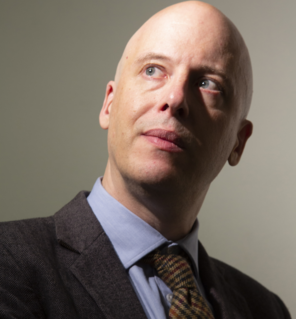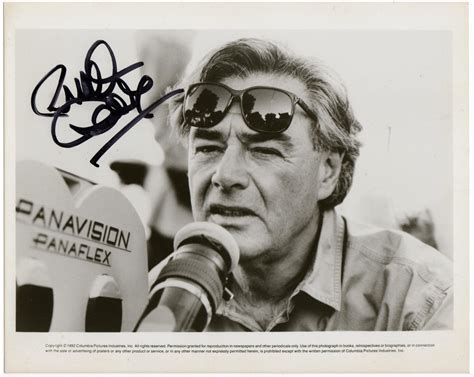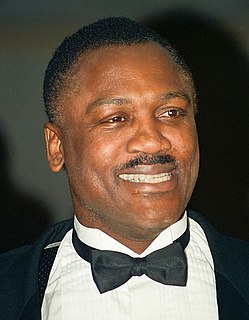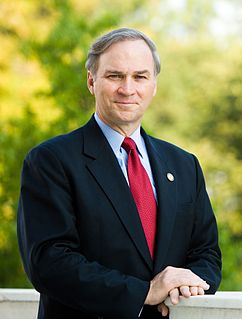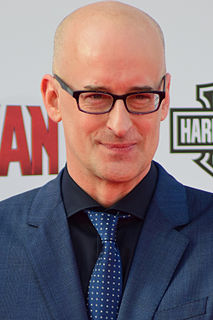A Quote by Austin Grossman
Nixon is fascinating because he's our most alienated president. Everybody felt that they never knew who he was - that's palpable in the histories. His face is so cartoony that he's become this cartoon figure. I never really related to the romanticization of J.F.K., and I knew too much about Reagan to idealize him. Nixon falls in between.
Related Quotes
President [Ronald] Reagan never has tried to become an expert on military matters. He never has endeavored to learn the most important details in that field, which lead to a situation in which his aides played a much greater roles than aides would have played under President Ford or let us say in the whole Nixon-Ford-Kissinger era.
I knew Bill Cunninghamn personally, in the way that most people know him - you don't really know that much about him. So I had never been in his apartment, as most people hadn't. I really had no idea how he lived. I knew he lived in Carnegie Hall, but that was it, and I didn't really understand. I knew that he worked hard, I just didn't realize that that was what he does, that's basically all he does
I went to see President Nixon at the White House. It wasn't difficult to get a meeting because I was heavyweight champion of the world. So I came to Washington and walked around the garden with Nixon, his wife and daughter. I said: I want you to give Ali his licence back. I want to beat him up for you.
I've been doing Nixon pretty much my whole professional life. I was in this comedy group called the Credibility Gap in Los Angeles when he was president. I was doing Nixon on the radio, and when we did live shows I physicalized him - if that's a word - for the first time. And then I did a Nixon sketch on a very short-lived NBC show called Sunday Best.
I thought a lot about Nixon's personal history and the changes in America during his lifetime and tried to craft stories, which I thought reflected some of his personal history but also the backdrop of a changing America. Nixon grew up in a strict Quaker family. The idea of the American Dream, of hard work and not much fun, was ingrained in Nixon as a child, but curiously so was a love of music. Nixon himself was a pretty good piano player. So it's the contradictions that interest me, as I think we all have them.
